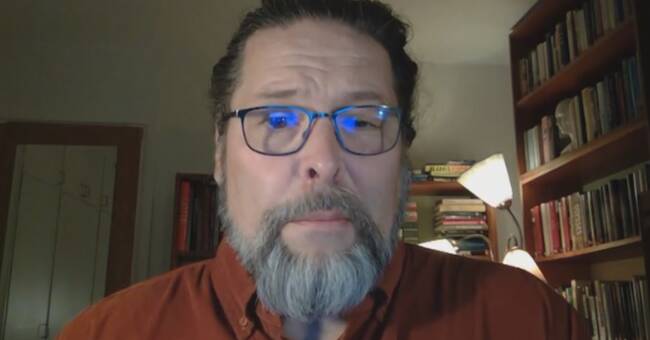Jens Edlund is a senior lecturer at KTH and works to develop speech synthesis.
He is currently participating in a research project to develop better technology for reading, together with the Swedish Agency for Accessible Media, Bonnierförlagen and Wikimedia Sweden.
- It is a difficult task and very resource-intensive to produce speech synthesis.
Even if Swedish is not a small language, it is not possible to compare with the resources available for English speech synthesis, he says.
Lack of research
But there is a lack of good research in the field.
At present, it is difficult to say how well a reader manages to absorb the content of a book through speech synthesis, compared to if it is a human being who reads.
- We have searched a lot for studies that are sustainable and find nothing that is applicable.
Evaluation of how speech synthesis and human reading work is very underprocessed, says Jens Edlund.
"Great breakthroughs"
Despite the shortcomings in the current speech synthesis, Jens Edlund finds it difficult to see any alternatives.
Letting people read in all the written text becomes too extensive, he thinks.
- Real people also make mistakes.
There will always be a little wrong.
In the course literature, the books should appear quickly and then there is no alternative.
At the same time, modern speech synthesis is starting to become so good that this is changing, says Jens Edlund.
How far away is a really good Swedish speech synthesis?
- It is difficult to predict.
It's a little better now and there have been some big breakthroughs.
But right now they are not robust enough to be used commercially.

